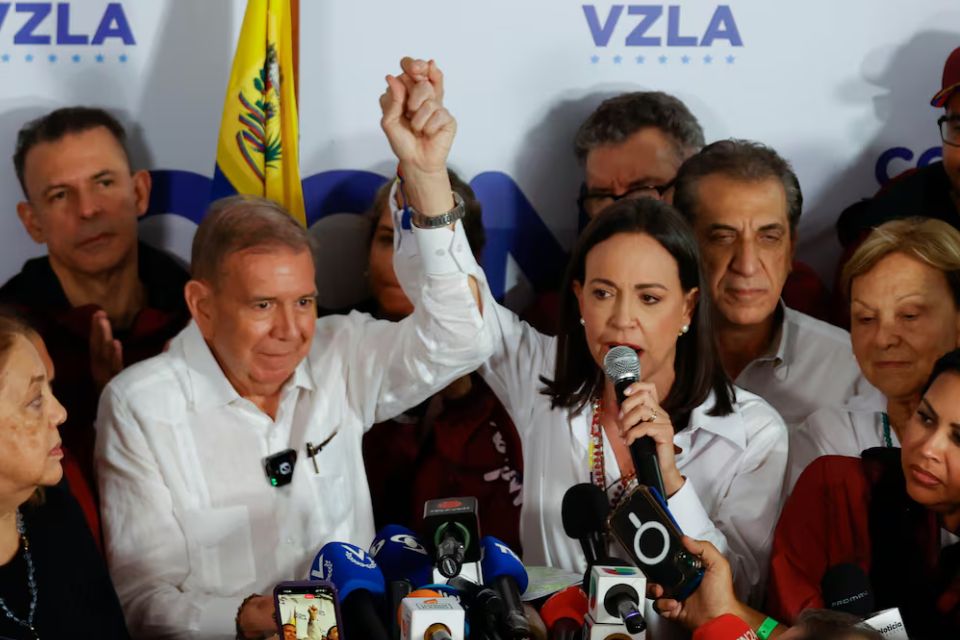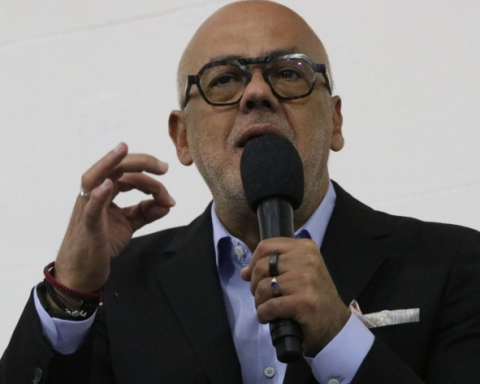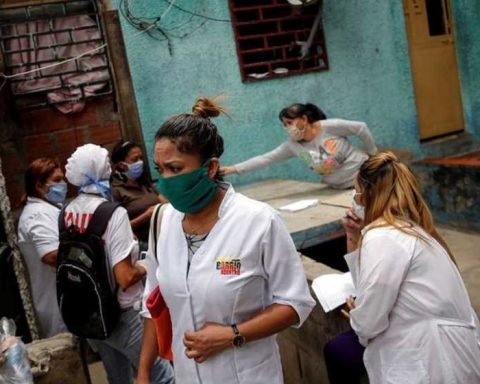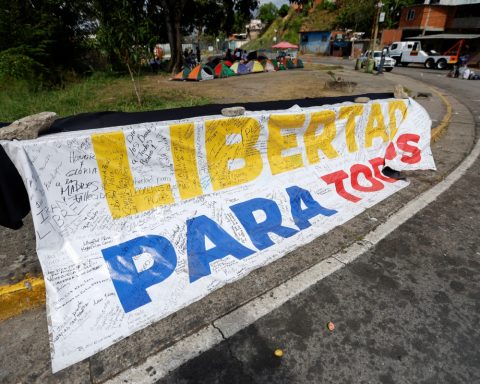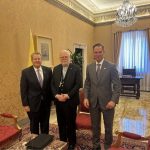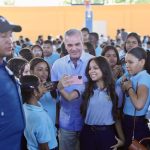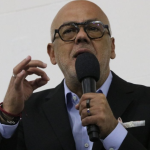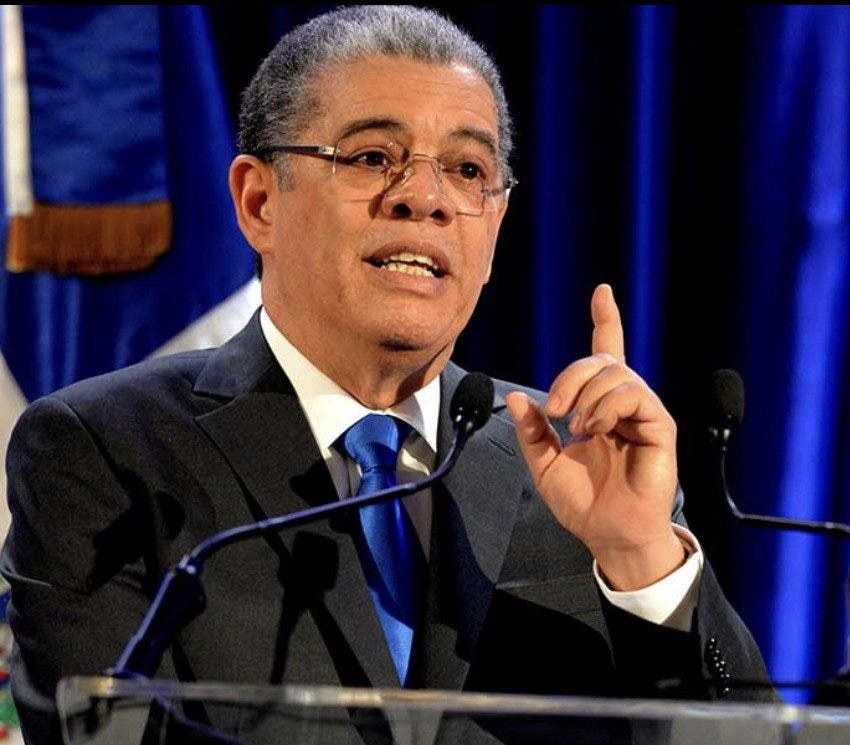The democratic opposition is surrounded by repression and does not escape demobilization and internal fractures. Analyst Ricardo Ríos identifies the fragmentation of this political sector that, in his opinion, is evident with the situations generated after the exile of Edmundo González Urrutia and the resignation of Capriles from the PJ board. For Daniel Varnagy, doctor in political science, the opposition team will be reconfigured on the road to January 10. Political scientist Piero Trepiccione highlights the efforts to maintain minimal articulation
Against all odds, the so-called democratic opposition arrived cohesive and strengthened at the presidential elections on July 28.
Two months after the elections, supported by the data from the voting records, Nicolás Maduro’s opponents continue to demand that the CNE publish the results of the elections and insist on electoral victory. At the same time, they face great challenges such as the political repression against electoral leaders and witnesses, the decline in mobilization; the forced exile of Edmundo González Urrutia and internal differences.
On September 25, the Unitary Platform noted that “151 of the more than 1,800 political prisoners of the Maduro regime are political activists of the democratic forces.”
151 of the more than 1,800 political prisoners of the Maduro regime are political activists of the democratic forces.
Rafael Terán, Juan Freites, Wladimir Araujo, Luis Camacaro, Rafael Terán, Nelson Merino, Guillermo López, Rafael Sivira, Emil Brandt, Nelson Piñero, Freddy… pic.twitter.com/XpGpOYip0s
— Unidad Venezuela (@unidadvenezuela) September 25, 2024
The opposition coalition has thanked the support of several countries in the defense of democratic values in Venezuela.
«The international community rejects the persecution and arbitrary arrests, in addition to applauding the expression of the popular will of the Venezuelan people through the vote on July 28. Like Venezuelans, the world knows very well the truth of what happened and, therefore, the expressed popular sovereignty must be respected,” the Unitary Platform reiterated on September 27.
That same day, opposition leader María Corina Machado confirmed: «The world accompanies us and ratifies that Edmundo González Urrutia is the Elected President of Venezuela. Together, we will ensure that our popular sovereignty is respected. “We move forward.”
Ricardo Rios, president of Poder &Estrategia, indicates that in Venezuela there are “oppositions”, a distinction that the Maduro government also assumed as a banner for political propaganda and that has been used to promote fragmentation.
«In that range, there are approaches very similar to the government to another opposition that questions the electoral route. There is the sector that participated on July 28 that did not support the candidacy of Edmundo González Urrutia and that represented less than 5% of the population. And there is the group that supported González and the amalgam that accompanied him, where is the Unitary Platform and María Corina Machado,” he points out.
Ríos adds that Machado’s rise, after winning the 2023 primaries, turned her into a legitimate opposition figure that displaced the traditional parties. The analyst considers it important to make these clarifications in the context of events such as the departure of González Urrutia from the country, in which the participation of some sectors of Primero Justicia is noted, as well as the resignation of Henrique Capriles to the PJ board.
«All this says that the opposition, which had a strategic confluence on July 28, is fragmented. That is a reality. There is an opposition that is making calculations for the regional elections and an opposition that is focused on enforcing the result of the elections,” emphasizes Ricardo Ríos.
Political scientist Piero Trepiccione and Daniel Varnagy, doctor in political science, agree on the approach to fragmentation after July 28. Trepiccione identifies some opposition failures in the last two months in terms of coordination and spokesperson, and asserts that “the old ghosts of internal divisions may be taking their toll on some strategic exercises”.
However, in the analyst’s opinion, the whole is greater than the sum of the parts.
Daniel Varnagy affirms that this opposition that was quite unified in the presidential elections broke in two: «There is an opposition group that, certainly, understands the electoral results, that there was a clear popular mandate and that there is a situation of electoral dystrophy. But, there is also another group that wants to see a benefit from this whole situation again,” he asserts.
He points out that political personalism is rising again. «Capriles’ resignation from the Primero Justicia board shows some personal issues, the accusations are between people, not between ideas. “That is a symptom,” he says.
Within the climate of the opposition after July 28, former governor Henrique Capriles resigned from the board of Primero Justicia.
Varnagy considers that, on the road to January 10, the group inclined to negotiate with the Maduro government for a share of part of the power will emerge.. “The other group says an election was held here, there was a result that is clear for the rest of the world, for us it is clear and we have to defend that,” he adds.
«The opposition reconfiguration is related to the way the new presidential period is going to start. The absence of institutions in the country is so great and so serious that everything has to be adaptive,” highlights Daniel Varnagy.
Political effectiveness of the opposition
On the other hand, Ricardo Ríos highlights that July 28 was a great victory in terms of mobilization, organization and in the communication aspect. In his opinion, this step had a political effectiveness that he describes as limited.
«This had to escalate to massive, popular mobilization, which could have occurred between July 29 and 31. To a large extent it occurred, it was not accompanied by the leadership and to a large extent they were spontaneous mobilizations. This lack of support meant that the conflict did not escalate in what is called in politics the momentum«he points out.
Ríos believes that the leadership represented by María Corina Machado may have a national feeling, but that it is not expressed in popular mobilization due to fear and repression and for not achieving in the short term the political effectiveness that a change of government or an evident break in government implies. the national government.
The analyst values the efforts of the international community and the support for the opposition struggle, but emphasizes that in the internal sphere, strength and capacity for maneuver have been lost.
For his part, Daniel Varnagy points out that there is a lot of discontent in different sectors of the country. He adds that, right now, hope is “cold and gray,” but it exists.
Key joint
The political scientist Piero Trepiccione expresses that it may seem that the opposition is experiencing stagnation. However, in his analysis he does not consider it that way.
«I believe that an attempt has been made to maintain the support of a large part of the international community, an attempt has been made to articulate with different factors and creative alternatives are being sought in the world of diplomacy other than what was the format of the interim government. Also An attempt is being made to maintain, at least, a minimum articulation in the territoryin the country, despite the limitations to doing politics today in Venezuela,” Trepiccione points out.
On the other hand, the political scientist emphasizes that keeping the internal scenario alive is one of the opposition’s challenges given the climate of restriction on freedom and political participation. He points out that active functioning must be maintained in a climate of great caution.
Within the opposition equation after July 28, the departure of González Urrutia to political asylum in Spain must be added. Trepiccione recalls that the diplomat was the winner according to the minutes released by the Unit, and draws attention to the climate of repression that has made it difficult for the opposition to work.
«That, without a doubt, has hindered the organization and plans in the territory of the alternative political forces in Venezuela. However, with the departure of González Urrutia, the political spokesperson from abroad can be facilitated and continue to gain diplomatic support, while continuing to strengthen the internal struggle,” he asserts.
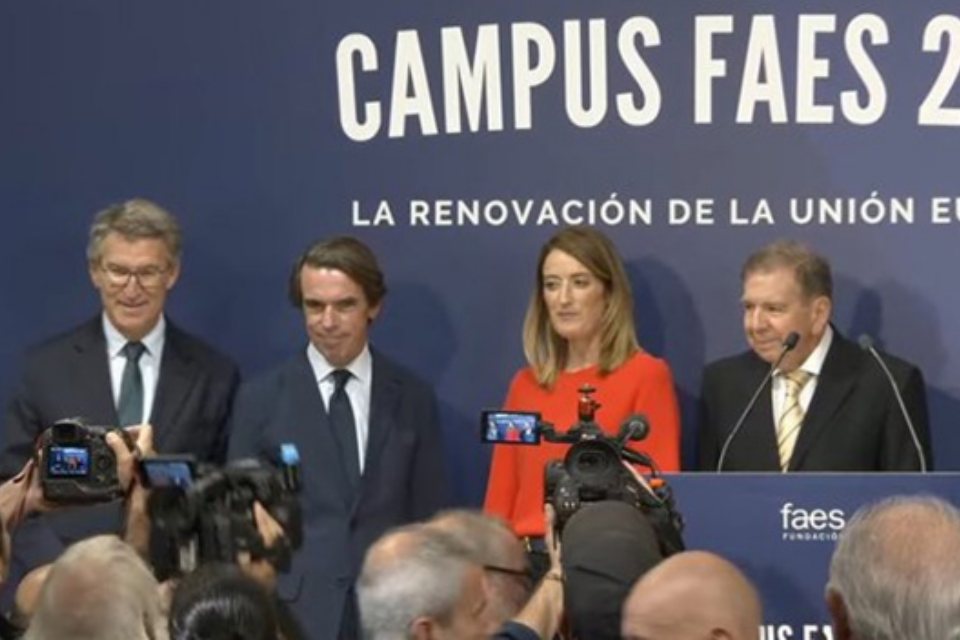
On September 27, Edmundo González Urrutia met with the European Parliament
On September 27, González Urrutia, during a meeting with the president of the European Parliament, spoke on behalf of Venezuela and of all Venezuelans, “as repository of popular sovereignty.” In that sense, he maintained that the country It needs voices “to achieve a peaceful transition, and build a path towards democracy and freedom.”
*Read also: Edmundo González: Repression in Venezuela wants to silence the peaceful opposition
Post Views: 242
